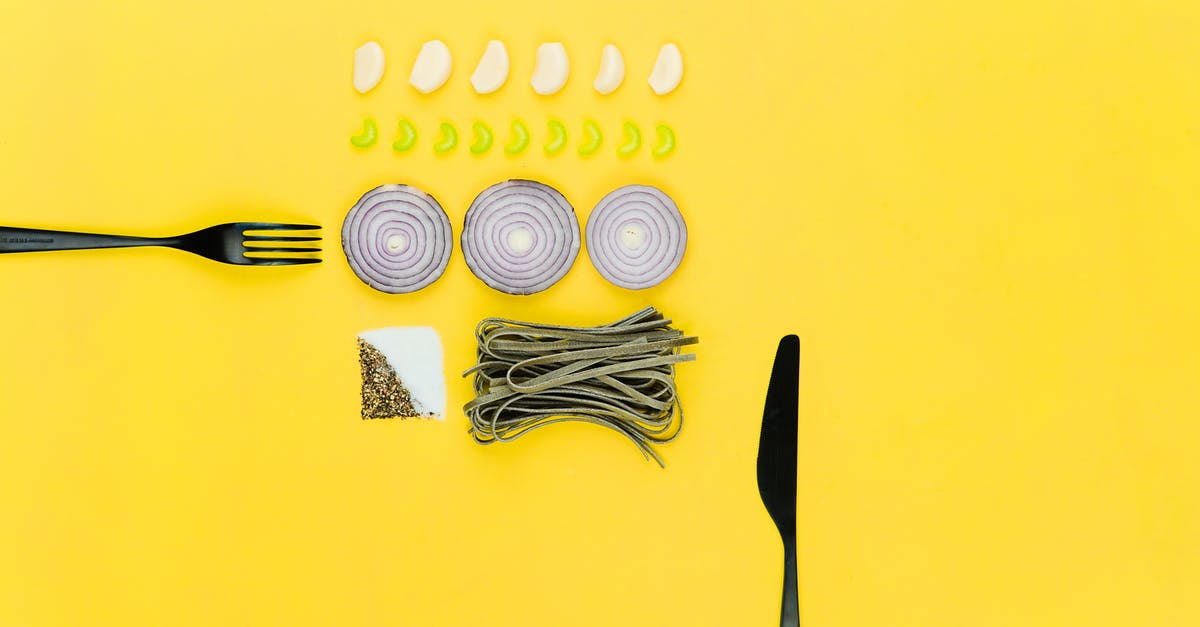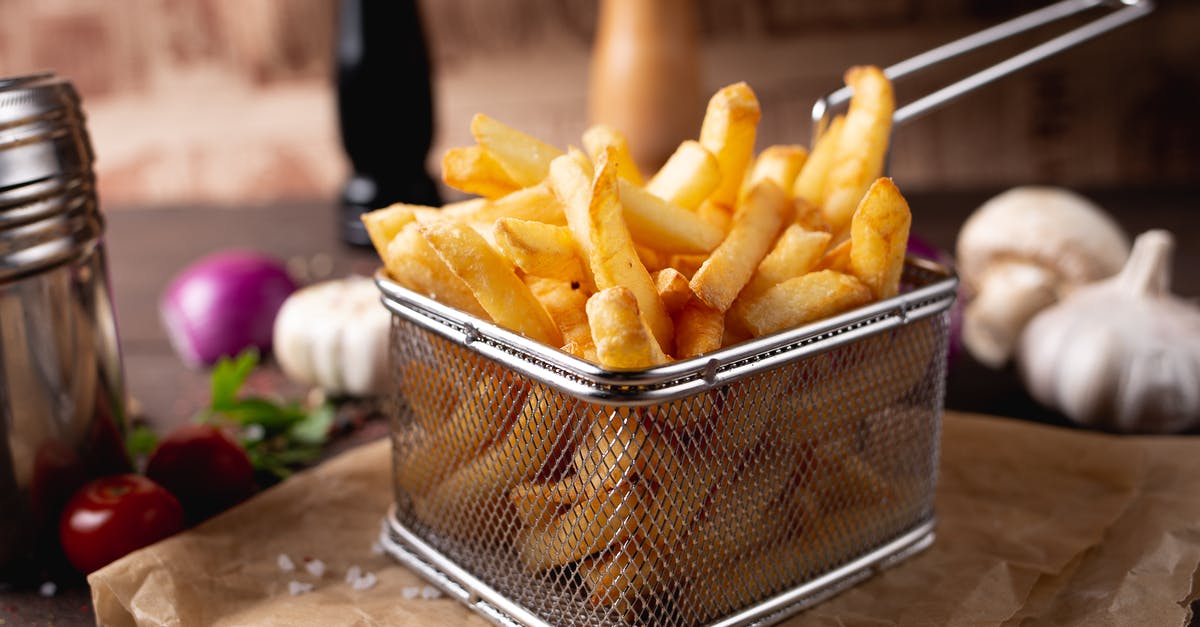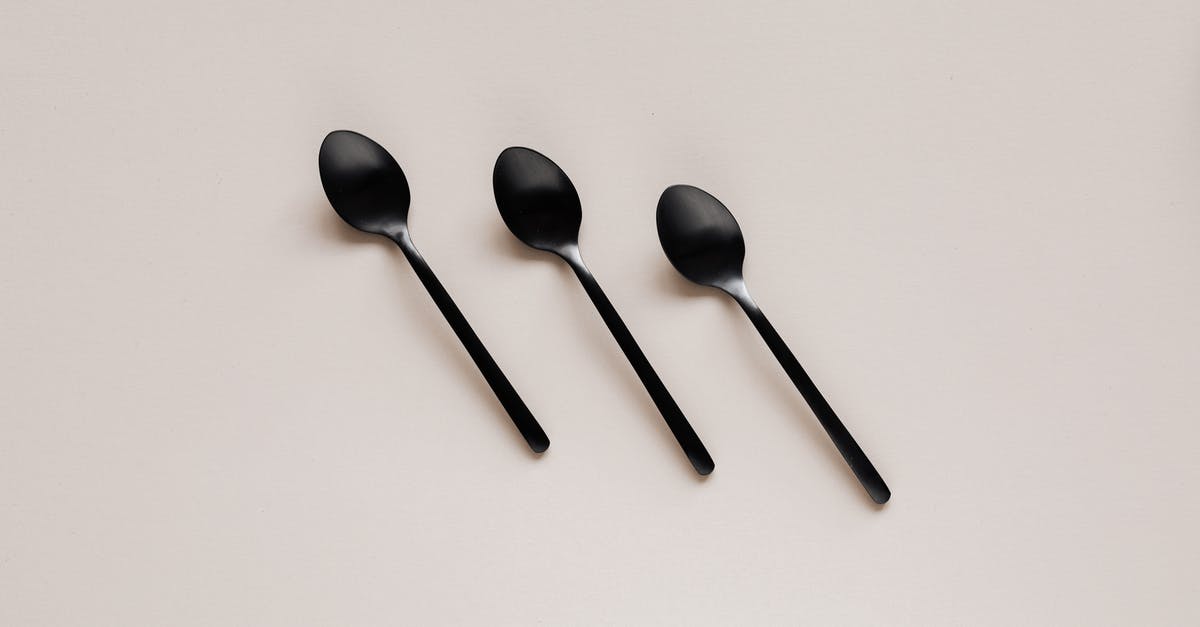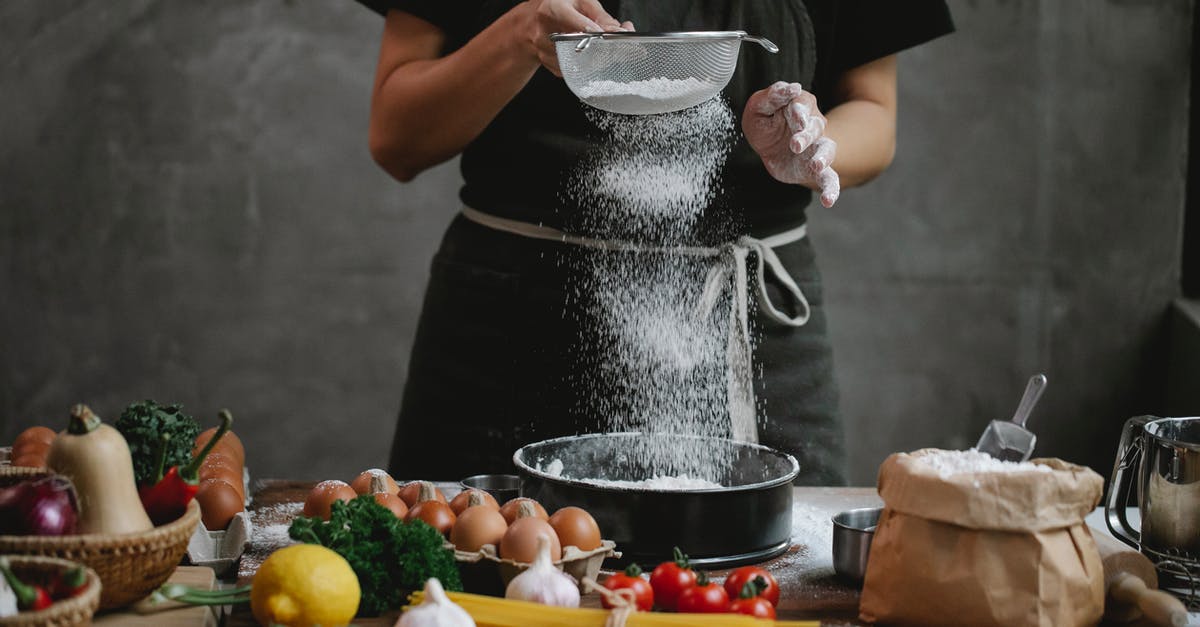Does stainless steel affect garlic flavors in food?

They say that washing your hands with a piece of stainless steel can help remove the smell of garlic and onions from your hands. There are even a number of stainless steel "soap" products on the market that are just chunks of metal meant to be used for this purpose. Opinions about whether this actually works or not seem to be mixed (see How do you remove garlic smells from your fingers?).
If there's any truth to this idea, that would suggest that using stainless steel pans, bowls, utensils, and serving dishes could also diminish or otherwise affect the flavor of foods containing garlic or onions. Is there any evidence of this? Stainless steel is generally considered to be non-reactive, but should one consider using materials other than stainless steel when cooking with garlic?
Personally, I use stainless pans all the time and haven't noticed any impact. Then again, maybe that's just because I use stainless all the time.
Best Answer
Drawing from some of the linked resources, it seems that one of the main theories about how those stainless steel "soaps" work is by interacting with sulfur compounds present in onions and garlic (together part of the genus allium) which are responsible for their strong pungency and odor. There appears to be little actual evidence for these claims, and I wasn't able to find much better either.
That said, I'm going to surmise that this effect really wouldn't apply with stainless steel cookware, precisely because you're cooking. Those sulfur compounds are volatile, and they tend to break down pretty quickly as you cook. This is why the flavor profile of alliums changes so drastically even after a very brief sweat - they become much sweeter and much less sharp - because those sulfur compounds are being broken down and driven off. Heck, onions will lose a lot of their harsh pungency just after being chopped. Dice an onion and you'll likely tear up (due to the action of syn-propanethial-S-oxide gas) but come back to that same onion 3-4 minutes later and you'll experience much less irritation. The compounds are generally unstable, especially when exposed to enzymes present in the onion.
So, cooking alliums in general removes or destroys the same pungency that causes the unpleasant odors. Even if stainless steel interacts with the compounds responsible for that pungency in some special way, it's only doing what heat does anyway, and using stainless cookware is unlikely to cause any sort of perceivable difference.
The only time this might be a factor in the flavor of a finished dish is if you want to retain a very strong, pungent flavor, for example with raw spring onions in a salad or something. In that case, it may be possible (though again, evidence is mixed) that a stainless steel bowl attracts some of those sulfur compounds in a way that a plastic or wood bowl does not. But that's only a concern where you have contact between the alliums and the bowl, and many people find that pungent "bite" a bit overwhelming in any more than tiny concentrations, so you may actually be doing yourself a favor and providing some minute safeguard against over-pungency by using stainless. In my opinion, this isn't likely to be a major concern for anyone.
Pictures about "Does stainless steel affect garlic flavors in food?"



Quick Answer about "Does stainless steel affect garlic flavors in food?"
Even if stainless steel interacts with the compounds responsible for that pungency in some special way, it's only doing what heat does anyway, and using stainless cookware is unlikely to cause any sort of perceivable difference.Does stainless steel react with garlic?
Stainless steel, of all things, has been shown to remove the odor of garlic. Kitchen gadget companies have even created stainless steel bars shaped like soap for removing kitchen smells from your hands. But using any stainless steel surface works, too.Why does stainless steel help with garlic smell?
This layer of chromium is what makes stainless steel less likely to rust, corrode or stain. Chromium forms an oxide when it is in contact with air and water, making it more durable. It's possible that this oxide layer could help to remove unwanted smells.When should you not use stainless steel?
10 Things You Should Never Do with Your Stainless Steel PansWhich metal has the smell of garlic?
The iron and copper surfaces stunk; we actually thought they smelled worse than the skin samples! Strangely, though, the titanium ring smelled only faintly of garlic. Interesting...and completely unexpected. Readers, if you'd like to try this experiment, write in with what you find, either here or at Mark's place.Does stainless steel remove garlic smell?
More answers regarding does stainless steel affect garlic flavors in food?
Answer 2
This is a great question and I also gave a plus one for it.
Using stainless cookware exclusively I've not had any problems with flavor, especially garlic, being affected. I also use my stainless steel table knives to remove the odor from my hands and that method works perfectly.
Sources: Stack Exchange - This article follows the attribution requirements of Stack Exchange and is licensed under CC BY-SA 3.0.
Images: Toa Heftiba Şinca, Nikita Krasnov, Karolina Grabowska, Klaus Nielsen
